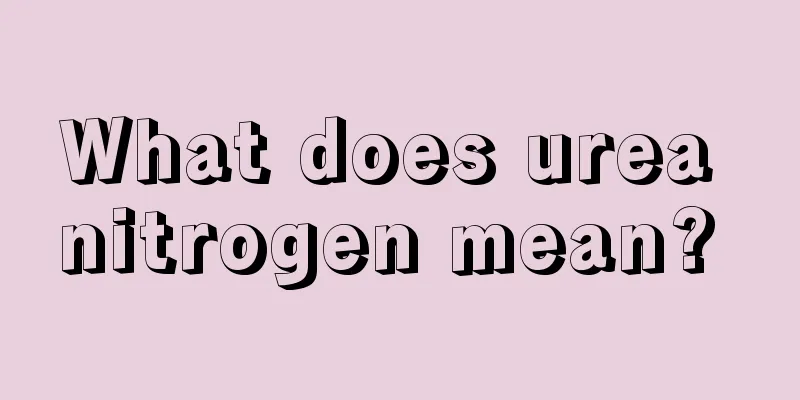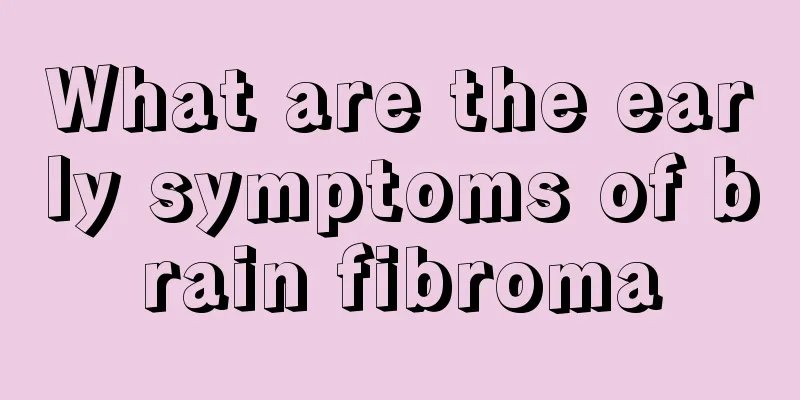What does tinea versicolor look like

|
Not everyone has pityriasis versicolor, only a few people have it. Pityriasis versicolor is not a good thing; it is a fungal infection. There are many types of tinea versicolor, but they are probably all caused by long-term sweating and lack of ventilation, which then leads to bacterial growth. Generally speaking, tinea versicolor are not exactly the same. Some can be as big as a fingernail, while others can be as small as a soybean. Pityriasis versicolor has a very negative impact on appearance, and it is okay if it grows in invisible places. If it grows on exposed skin, it will be quite embarrassing. Tinea versicolor is manifested by the appearance of round or irregular spots the size of soybeans on the skin, which gradually increase to the size of a fingernail, are slightly yellow or brown in color, and have very fine granular scales on the surface that are not very obvious and can be easily scraped off. Over time, the rash may increase in number and expand to the surrounding area, merging into pieces and forming irregular maps of varying sizes. Although this is not a serious disease, the affected areas are mostly exposed skin, which is spotted and affects the appearance, causing great trouble for girls and boys who love beauty. Pityriasis versicolor is mainly caused by sweat immersion. The failure to change or wash sweat-soaked clothes in time leads to the growth of mold, which causes illness when the individual's skin resistance is reduced. You may also be infected by wearing clothes that have been used by someone with pityriasis versicolor. In addition, the disease may also be caused by occupational sweat immersion, such as heavy manual laborers, electric welding operators, athletes, etc. who are susceptible groups. treat 1. Topical medications 2% ketoconazole lotion can be used externally for 7 to 10 days; 2% selenium disulfide lotion can be used externally for 7 to 19 days. Patients with smaller areas or those who cannot take oral antifungal drugs for various reasons can be given 1% bifonazole cream/gel, 2% miconazole cream, 2% ketoconazole cream, and 2% econazole cream, all of which have good therapeutic effects. Allylamine antifungal drugs such as terbinafine, butenafine, and naftifine are also effective. Amorolfine and ciclopirox olamine, as new antifungal drugs, can also be used in the treatment of pityriasis versicolor. Since pityriasis versicolor is difficult to cure and prone to relapse, intermittent repeated medication is required to ensure eradication of the infection. Sometimes, you can first clean with a lotion and then apply topical medication to improve the efficacy. 2. Systemic treatment For patients with larger areas or recurrent attacks, oral azole drugs such as itraconazole, ketoconazole, and fluconazole can be given. Note that oral griseofulvin and terbinafine are poorly effective for pityriasis versicolor and should not be used to treat it. |
<<: The harm of tinea versicolor
>>: The difference between pityriasis versicolor and vitiligo
Recommend
Beauty instruments should do these things to avoid harm
Beauty instruments are now a very scientific tech...
Can colon cancer be cured?
Can colon cancer be cured? There are many ways to...
How long does it take for cystitis patients to be cured
Cystitis is the most common malignant tumor of th...
What are the complications of nasopharyngeal carcinoma
Common sequelae of nasopharyngeal carcinoma inclu...
Can I take a shower after hanging the water?
We know that intravenous infusion is an important...
What are the dietary taboos for liver cancer patients? Eating three kinds of bamboo shoots can help prevent liver cancer for liver disease patients
For patients with liver diseases such as hepatiti...
How are attached ears formed?
An attached ear is actually a congenital malforma...
Yellow nasal discharge from a cold turns into clear nasal discharge
Generally speaking, if you have a cold, most peop...
What to do if the leather of the headboard peels off
Nowadays, many people have replaced their bedside...
Eating crabs and pumpkins will cause poisoning
Pumpkin and crab are both things we eat frequentl...
Symmetrical rash on both arms
Rash is a manifestation of many skin diseases. Th...
What harm can fibroids cause
Fibroma is a disease that often troubles the heal...
Physiological functions of the skin
The surface of our human body exposed to the outs...
What to do if you have low blood pressure and feel dizzy? It turns out these dietary treatments are the most effective
Patients with low blood pressure have the hardest...
Introduction to three effective melanoma treatments
There are three clinically effective treatments f...









